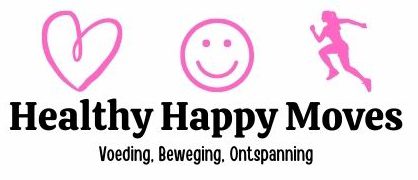Introduction:
The healthcare discipline is inundated with a range of articles and information, making it necessary for nurses to discern reliable sources from misinformation. This article provides a comprehensive guide to aid nurses navigate the sea of health care articles, enabling them how to access credible and evidence-based information that informs all their practice and supports well informed decision-making.
Understanding Source Authority:
Peer-Reviewed Journals: Articles posted in peer-reviewed journals undergo rigorous review by experts in the field, ensuring state-of-the-art research and reliable facts.
Academic Institutions: Universities and also reputable research institutions are usually reliable sources of evidence-based reports and articles.
Government Agencies: Federal government health departments and firms provide authoritative and well-regulated information on health-related topics.
Expert Organizations: Nursing associations and also professional organizations offer trustworthy resources that align using current practice standards.
Examining Article Quality:
Author Experience: Investigate the author’s skills, expertise, and affiliation together with reputable institutions.
References and also Citations: Articles that include personal references to peer-reviewed studies in addition to research papers are more likely to supply accurate information.
Research Strategies: Examine the study’s technique, sample size, data collection methods, and statistical research for robustness.
Publication Day: Consider the publication date, as healthcare practices and research evolve rapidly.
Reliable Online language learning resources:
PubMed: A widely used data bank that provides access to a vast collection of peer-reviewed medical articles along with studies.
Google Scholar: Allows for a comprehensive search of schooling literature, offering access to peer-reviewed articles, theses, and discussion papers.
National Institutes of Health (NIH): Offers a useful reliable health-related information and research studies.
Professional Nursing Institutions: Websites of nursing organizations, such as the American https://hawksites.newpaltz.edu/fall2015eng406/schedule-of-readings-and-deadlines/comment-page-1/#comment-374 Nurses Connections (ANA), provide trustworthy assets.
Filtering Information:
Language in addition to Tone: Be cautious of sensationalist language or overly remarkable claims that lack scientific rigor.
Multiple Sources: Cross-reference information from multiple reputable sources to ensure accuracy and also consistency.
Bias: Be aware of prospective biases, such as conflicts of great interest or commercial endorsements, which may influence the information presented.
Critical Appraisal: Apply critical considering skills to evaluate the relevance and applicability of the information to your specific nursing train.
Continual Learning:
Stay Current: Regularly engage with reputable periodicals, organizations, and platforms to be informed about the latest breakthroughs in healthcare.
Continuing Education: Take part in professional development activities which emphasize evidence-based practice and also critical appraisal skills.
Summary:
In the age of information overstock, nurses must be adept at critical reliable sources from suspicious ones. By using credible listings, assessing article quality, in addition to applying critical thinking, healthcare professionals can confidently navigate the sea of health care articles, being able to access information that enhances their own practice and ultimately boosts patient care.
